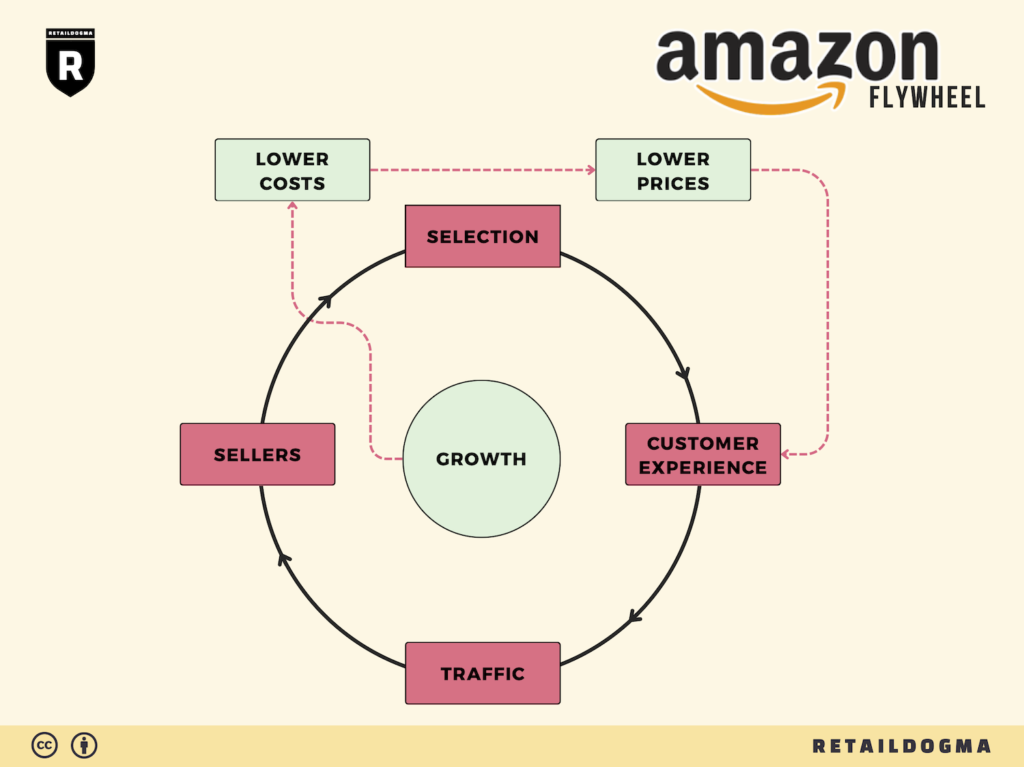
Learning how to learn has helped increase my learning ability tremendously. I’m hoping to plant some seeds of learning how to learn so that people smarter than me can develop the study of LHTL into something that benefits the world immensely. If even 10% of the world had a moderate-growth-rate exponential/logistic learning function instead of.. whatever family of functions most peoples’ learning functions are typically in, individual people would be significantly better off and innovation would skyrocket. The world would be a way better place, likely.
I’ve known so many people held back by inefficient learning, so much wasted potential. Having bad learning techniques can tremendously reduce someone’s potential, hurting them and society. Improving their learning techniques can have a great and lasting impact on their life and the lives of those around them. An example that always comes to my mind is someone I knew who would study Spanish by looking a list of words up and down over and over again, rather than using a more efficient technique like practicing with flashcards.

To get a foothold into learning something you’re not sure how to approach, develop better awareness of it through practice. If you get in the habit of paying attention to your learning techniques you’ll start improving your learning skill. For example, if you pointed out to this student that her learning method seemed ineffective, it may start her on a hunt that leads to a better method (maybe she looks to see what others are doing, maybe she asks you directly for a better technique, etc). Sometimes, growth is less about what you know, and more about what you pay attention to.

The exponential nature of LHTL comes out when you start applying your learning techniques to learning the skill of learning. Positive feedback loops are mathematically modeled by exponential functions (for example holding a microphone up to a speaker feeds the output back into the input and increases it each iteration – in reality, nearly all PFLs eventually meet bottlenecks, and more accurately are modeled by logistical functions.). You learn more learning skills, which you then apply to learning even more learning skills, which you then… etc

Being on this exponential curve of learning how to learn does not pay off for a long while because of the long period of time where nothing happens, which James Clear (Atomic Habits) calls the “plateau of latent potential“. You need to get to the point where you’re actually applying learning techniques to learning (and discovering) more learning techniques – for it to truly be exponential you need to feed the output back into the input.

Ideas like “moving a project 1% further every moves it 3700% forward every year” don’t actually work because although the growth is exponential with respect to time, it grows linearly with respect to work (which is the real input). Since the output is not fed back into the amplifier, you’re not getting any compounding, so really you’d just end up working immense, probably impossible, amounts of hours. To get $stuff at a compounding rate, you need to establish a system that takes $stuff and uses it to get $growth_percent more $stuff, and then you repeatedly feed the output $stuff back into the system. Finding positive feedback loops is one of the most powerful ways to achieve a long-term goal because you establish a system with one of the largest growth rates common to nature.

The point of this site is to
- get people started on their own LHTL curve (by getting them to pay more attention to their learning processes), and
- give people principal amounts to invest in the curve to skip the plateau of latent potential
What I mean by 2) is this: if you invested $0.93 into a bank account, it will take hundreds of years to get to $1B. But if you invest $100M, it only takes a few decades. The function of learnhowtolearn.org is to give people a higher starting “principal” amount (in the form of skills, rather than $) to invest in LHTL by starting them off with them access to a massive library of useful, advanced learning techniques contributed by other learners.

‘The singularity’ is when AI applies its skill of learning to learning the skill of learning and gets past the point of critical mass on the exponential curve. As of yet, I don’t know of any models that are great at learning how to learn (though I am not well versed on models – send me any papers if this is wrong). I am not sure what high heights a human being could get to if they rode the LHTL curve, but I would love to find out.
Let’s build up LHTL and help people. If you’re interested, reach out at @dnbt777 if you want to discuss LHTL or write an article of your learning technique or mental model for the site.
